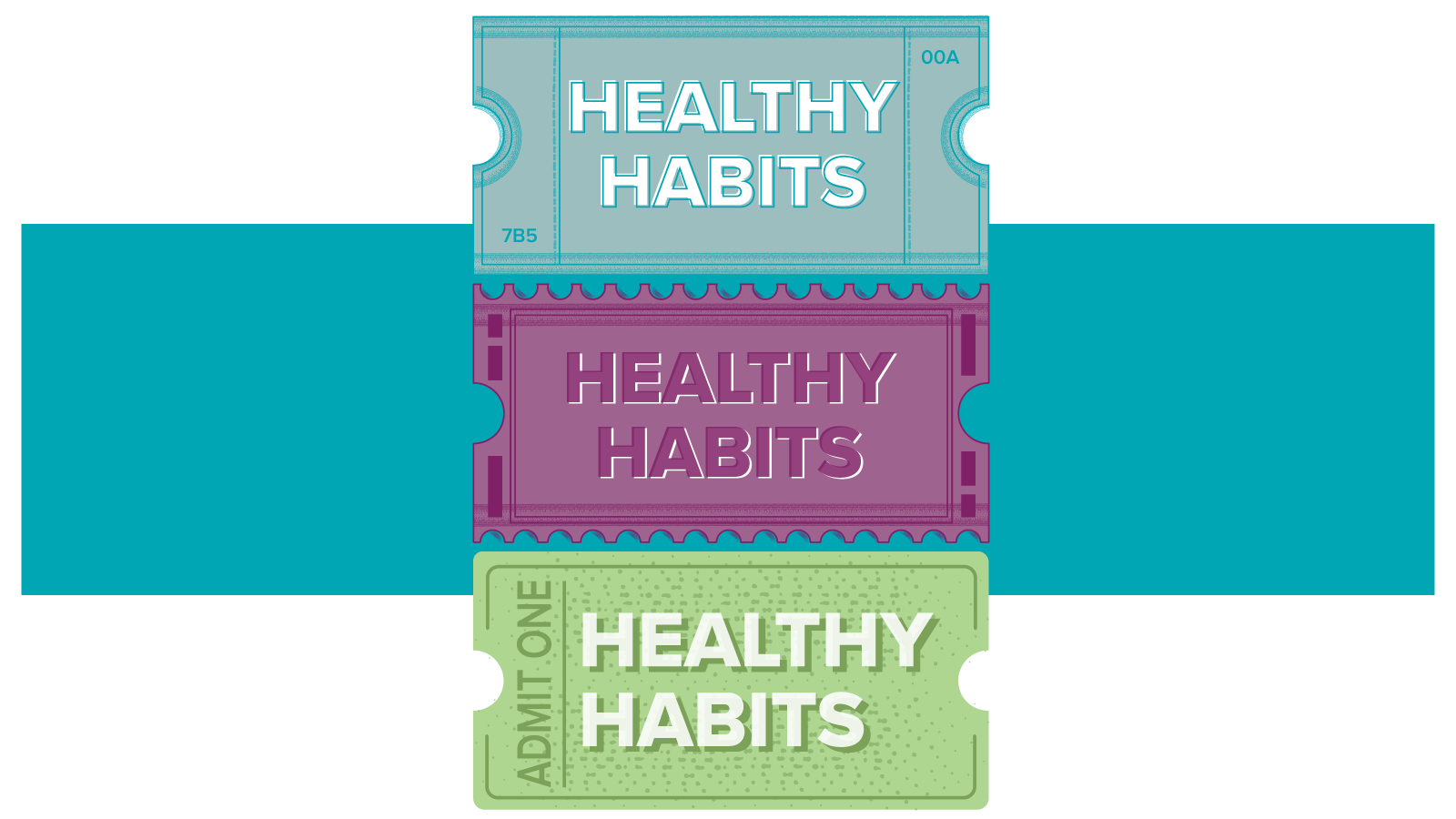2 min read
Dispelling Myths and Embracing the Differences About Women’s Health & Fitness
Healthcare Highways : Sep 23, 2024

Established in 2022, National Women’s Health & Fitness Day is held yearly on the last Wednesday of September. This day is a reminder that men and women have specific needs when it comes to health, and the myths and old wives' tales about women’s fitness are proven wrong.
When it comes to health and fitness, women face a unique set of challenges, yet misconceptions often cloud the understanding of these differences. It’s important to separate fact from fiction and recognize that women’s health needs vary significantly from men’s. Here are some key myths about women’s health and the truth behind them.
Myth: Women Should Avoid Strength Training
One of the most persistent myths is that strength training will make women "bulk up." Strength training helps women build lean muscle, improve bone density, and boost metabolism without excessive bulk. (Webster, 2020).
Myth: Heart Disease is a Man’s Problem
While heart disease is often thought of as a male issue, it’s the leading cause of death for women in the United States, according to the Centers for Disease Control and Prevention (CDC). Symptoms can present differently in women, making awareness and early detection critical. (CDC, 2024).
Differences in Health between Men and Women
Women experience certain health conditions, like osteoporosis, autoimmune diseases, and breast cancer, at higher rates than men. Hormonal differences, such as those linked to menstruation, pregnancy, and menopause, also play a significant role in shaping women’s health needs. Understanding these differences is crucial for proper care and prevention strategies. (U.S. Department, 2024).
Physical Fitness for Every Woman
Physical fitness is important for all women, regardless of age or weight. For women who are overweight, regular exercise can help manage weight, reduce the risk of chronic diseases, and improve mental health. Start by walking a few days a week. For older women, staying active is crucial for maintaining mobility, balance, and bone density, which helps prevent falls and fractures. Low-impact exercises like walking, swimming, or yoga can offer significant benefits, improving overall quality of life while accommodating different fitness levels. (Office, 2021).
Women’s health isn’t just about fitness, it’s about understanding the biological differences and addressing specific health needs between men and women. A study done by Deloitte found that women are 35% more likely than men to say they’ve skipped or delayed medical care over a 12-month period. The study reveals that because the U.S. healthcare system was originally developed using data and evidence from male subject, women’s health needs have historically been underprioritized. (Gabreyes, 2024).
Dispelling myths and fostering accurate knowledge are essential steps toward better health outcomes for women. Talk with your primary care provider about what’s right for your health. To find a primary care provider, visit healthcarehighways.com/provider-search.
References:
Centers for Disease Control and Prevention. (2024, May 15). Heart disease facts. Centers for Disease Control and Prevention. https://www.cdc.gov/heart-disease/data-research/facts-stats/index.html
Gabreyes, K., Radin, J., Dhar, A., Bhatt, J., Gerhardt, W., & Korenda, L. (2024, September 10). What’s causing us women to skip or delay medical care? Deloitte Insights. https://www2.deloitte.com/us/en/insights/industry/health-care/why-women-skip-or-delay-health-care.html
Office on Women’s Health. (2021, February 16). Physical activity for all women. Physical activity for all women | Office on Women’s Health. https://www.womenshealth.gov/getting-active/physical-activity-all-women
U.S. Department of Health and Human Services. (2024, March 1). NIAMS-funded study offers clues to why women are disproportionately affected by autoimmune diseases. National Institute of Arthritis and Musculoskeletal and Skin Diseases. https://www.niams.nih.gov/newsroom/announcements/niams-funded-study-offers-clues-why-women-are-disproportionately-affected
Webster, D. (2020, November 25). Debunking the top 10 workout myths. Mayo Clinic Health System. https://www.mayoclinichealthsystem.org/hometown-health/speaking-of-health/top-10-workout-myths

Overdose Awareness Day
Shining a Light on the Hidden Crisis in Schools.


